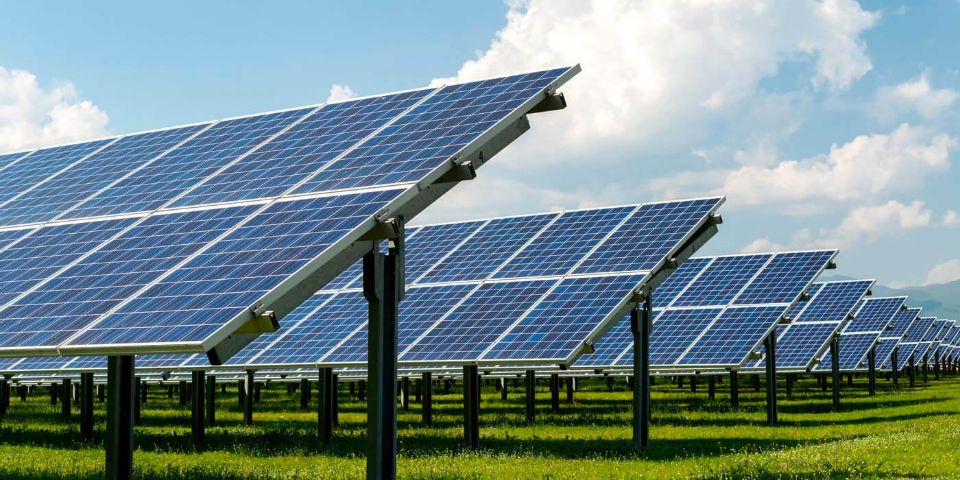The Philippines, an archipelago susceptible to natural calamities and increasingly reliant on technology, is facing a pressing issue—a complex interplay of threats to its energy security. This sector, the economy’s lifeblood, is currently vulnerable to cyberattacks, physical threats, and natural disasters. Ensuring its resilience is not just important; it’s urgent for economic growth and national stability.
Cyberattacks, the invisible enemy, pose a significant risk to the Philippine energy sector. The increasing digitalization of power grids, from generation to distribution, creates a vast attack surface. A successful cyberattack can lead to power outages, data breaches, and financial losses. Critical infrastructure systems, often with outdated security measures, are particularly vulnerable.
Furthermore, the interconnectedness of the global energy grid means that a breach in one country can have ripple effects elsewhere, including in the Philippines.
Physical threats, both internal and external, also jeopardize energy security. Power plants, transmission lines, and distribution facilities are potential targets for sabotage, terrorism, and theft. The country’s geographical location, with a long coastline and numerous islands, makes it susceptible to maritime threats.
Moreover, the presence of armed groups in specific regions exacerbates the risk. If exploited, these physical vulnerabilities can result in widespread power disruptions, economic losses, and social unrest.
Natural disasters, a perennial challenge for the Philippines, pose a substantial risk to the energy sector. Typhoons, earthquakes, and floods can damage power infrastructure, leading to prolonged blackouts. The recovery process is often slow and costly, hindering economic activity and affecting essential services. Climate change is intensifying the frequency and severity of these disasters, increasing the energy sector’s vulnerability.
The implications of energy insecurity for the Philippine economy and society are profound. Power outages disrupt businesses, reduce productivity, and deter investments. Essential services like healthcare, transportation, and communication rely heavily on electricity. A prolonged power crisis can lead to food shortages, water scarcity, and social unrest. Moreover, energy insecurity can undermine national security by affecting critical infrastructure and the military’s capabilities.
To enhance energy security, a multi-faceted approach is necessary. Investing in robust cybersecurity infrastructure is crucial. This includes upgrading outdated systems, implementing advanced threat detection and prevention measures, and conducting regular cybersecurity drills. Increased surveillance, access control, and emergency response plans should strengthen physical security.
Diversifying the energy mix is another essential strategy. Reducing dependence on fossil fuels and increasing the share of renewable energy sources can mitigate the impact of supply disruptions. Investing in energy storage technologies, such as batteries and pumped hydro storage, can improve grid resilience.
Building a resilient energy sector requires collaboration between government, private, and civil society. Clear policies and regulations are needed to incentivize investments in energy security. But it’s not just about the authorities-public awareness campaigns can empower individuals to contribute to energy conservation and preparedness. International cooperation is also essential for sharing best practices and addressing transnational threats.
The Philippine energy sector stands at a crossroads. The challenges posed by cyberattacks, physical threats, and natural disasters are formidable. However, the country can build a secure and sustainable energy future with strategic investments, collaboration, and a solid commitment to resilience. This is not merely an economic imperative but a matter of national security and well-being.






